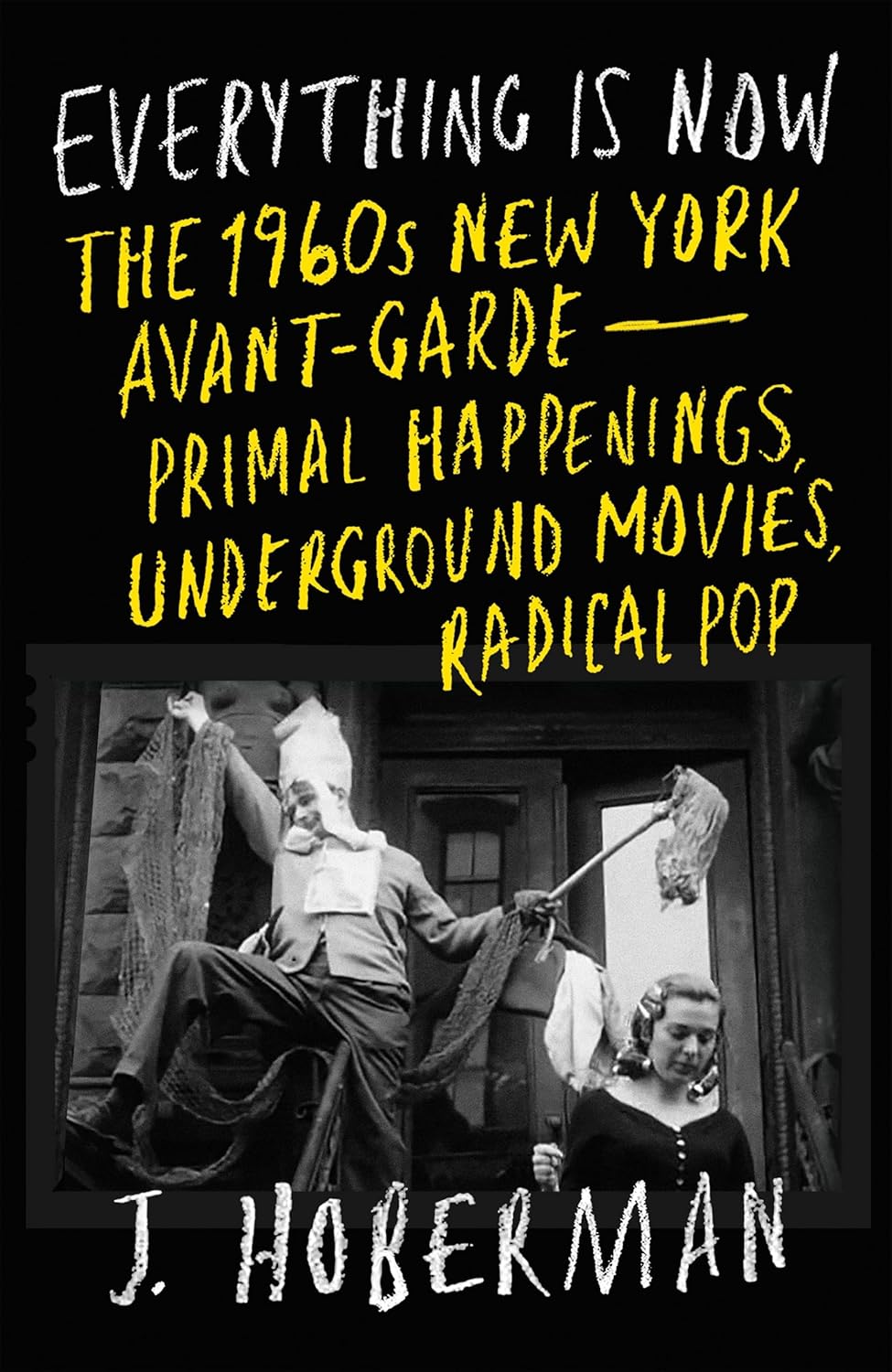Hoberman’s account tracks how the city’s cultural life was intertwined with leftist politics and such activities as protest, disruption, and even destruction. Hoberman pays due attention to the major national and international events that influenced New York’s avant-garde—civil rights, the Vietnam War, political assassinations—and also to historic doings within the city, such as feminist activism and the Stonewall uprising. But he places particular emphasis on power at the local level and, most of all, on its prime physical manifestation: policing.
Search in the book for the words “police” (more than a hundred mentions) and “arrest” (more than fifty) to get a synoptic measure of the force of law opposing the New York avant-garde. Early on, Hoberman shows the literature of the Beats giving rise to performance, both in film (“Pull My Daisy”) and, crucially, live, in cafés. Because many of these were underground literally (basements) and figuratively (unlicensed), this led to legal trouble, in the form of summonses and inspections. As the art of the avant-garde became more audacious, the law intervened more intensely. Many of the arrests were for obscenity: in 1961, Amiri Baraka (then called LeRoi Jones) was arrested at his home, on Fourteenth Street, for mailing the magazine The Floating Bear, of which he was co-editor; Lenny Bruce, famously, was arrested in 1964 for “indecent performance”; in 1968, a humble newspaper vender in Brooklyn was arrested for selling an underground comic.
Similarly, the charge of obscenity led to Shirley Clarke’s 1961 film, “The Connection,” being denied a license, a prerequisite for commercial release; when it was screened anyway, the projectionist was arrested. In 1963, when Jack Smith’s film “Flaming Creatures” was first shown—following the lives of a group of drag queens, it features extreme closeups of genitals and scenes of orgiastic writhing—screenings were deliberately not advertised. This didn’t stop the police finding them (sometimes attending undercover), interrupting them, and closing the theatres. When, to raise money for the film’s legal defense, the underground filmmaker (and longtime Voice film critic) Jonas Mekas held a screening of Jean Genet’s highly explicit gay film “Un Chant d’Amour,” he, too, was arrested and ultimately convicted of obscenity-related offenses.
